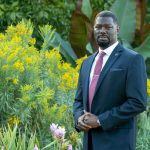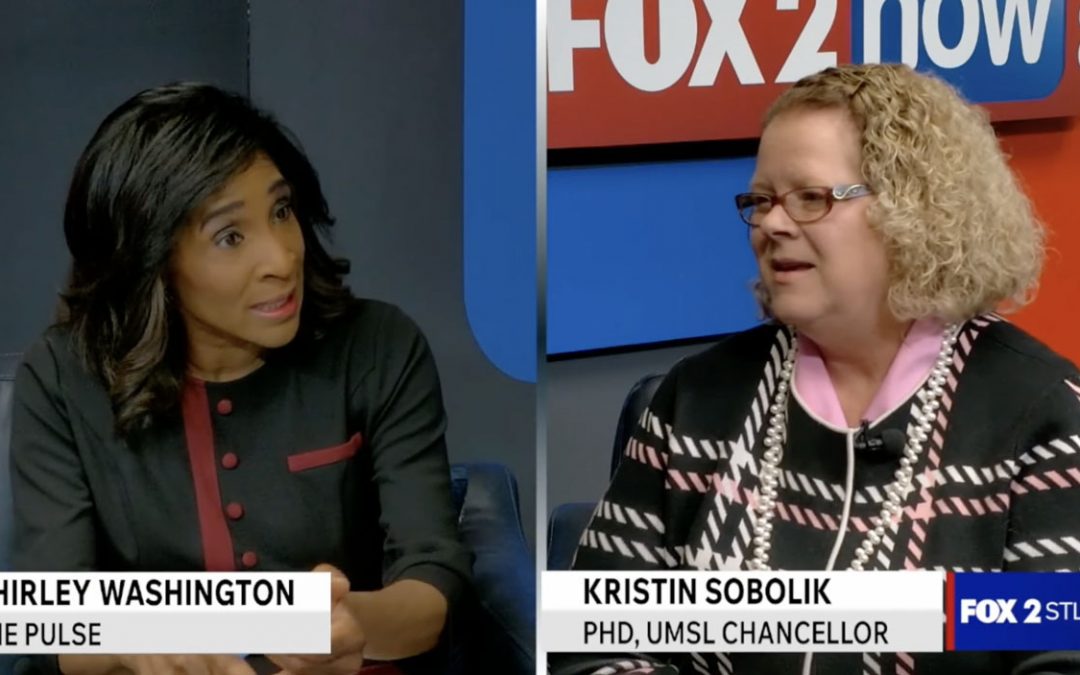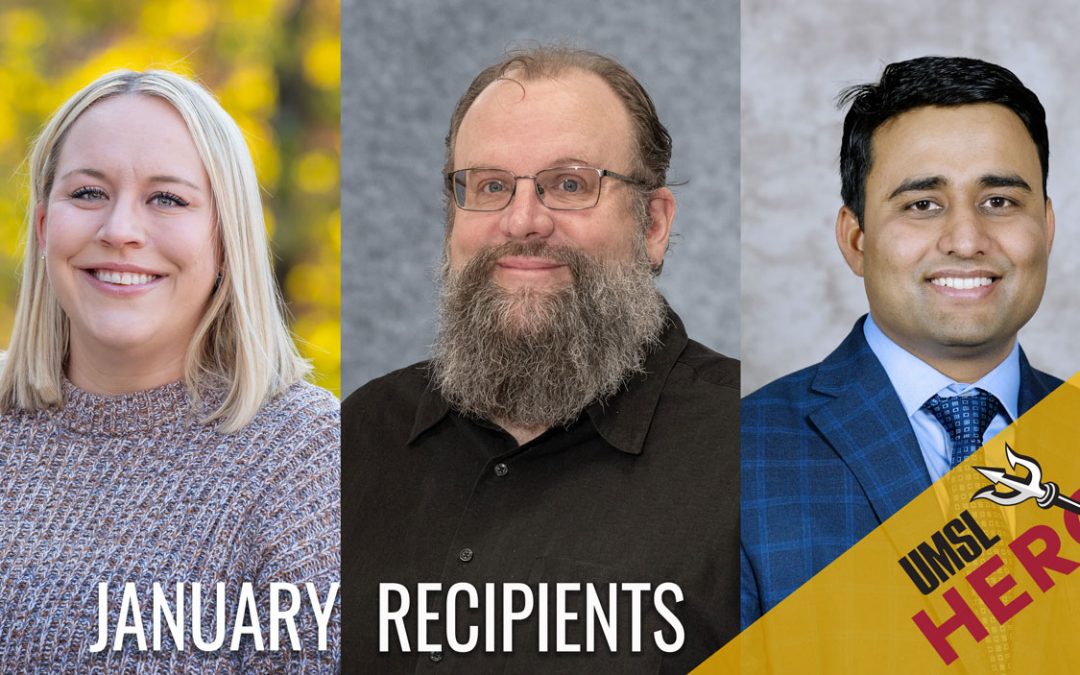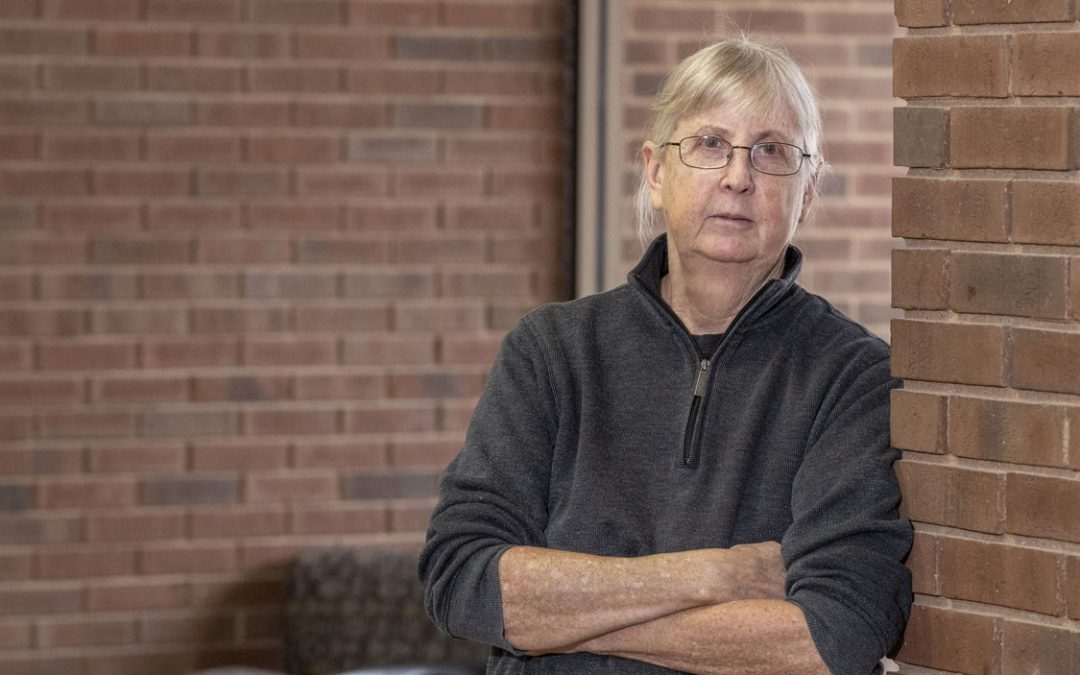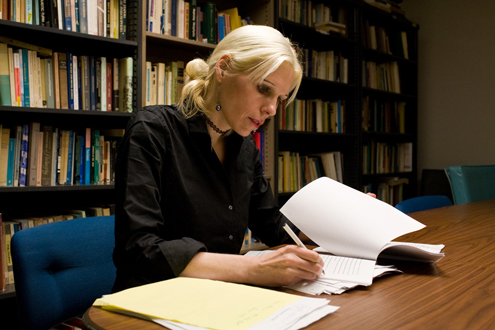
Berit Brogaard, professor of philosophy at UMSL, spoke with Don Marsh, host of “St. Louis on the Air” on St. Louis Public Radio, about synesthesia, savant syndrome and UMSL’s role in contributing to the growing body of research on those conditions. (Photo by August Jennewein)
In 2006, Derek Amato suffered a head injury after diving into a shallow pool and hitting his head. He awoke a musical genius, able to play classical piano.
Amato had no prior piano training or practice before the accident. And he can’t read sheet music. Instead, he sees black and white squares in his mind’s eye that move from left to right, and his fingers play exactly where he sees the squares.
Amato was diagnosed with acquired musical savant syndrome and synesthesia, a condition where input from one sense is perceived through another sense. For example, some people see certain letters or numbers as colors. Others can see sound when they listen to music.
Something that may come as a surprise to St. Louisans is that research into synesthesia is being done right here in St. Louis, within the Department of Philosophy at the University of Missouri–St. Louis.
Berit Brogaard, professor of philosophy at UMSL, spoke with Don Marsh, host of “St. Louis on the Air” on St. Louis Public Radio | 90.7 KWMU, about synesthesia, savant syndrome and UMSL’s role in contributing to the growing body of research on those conditions. Kristian Marlow, a graduate student in the M.S. program in the department of philosophy at UMSL also contributed to the discussion.
Brogaard and Marlow are working on a book that covers much of their research called “Superhuman Mind: True Tales of Extraordinary Mental Ability.” It’s slated for a fall release.
Visit St. Louis Public Radio’s website to listen to the entire “St. Louis on the Air” episode featuring Brogaard and Marlow.








